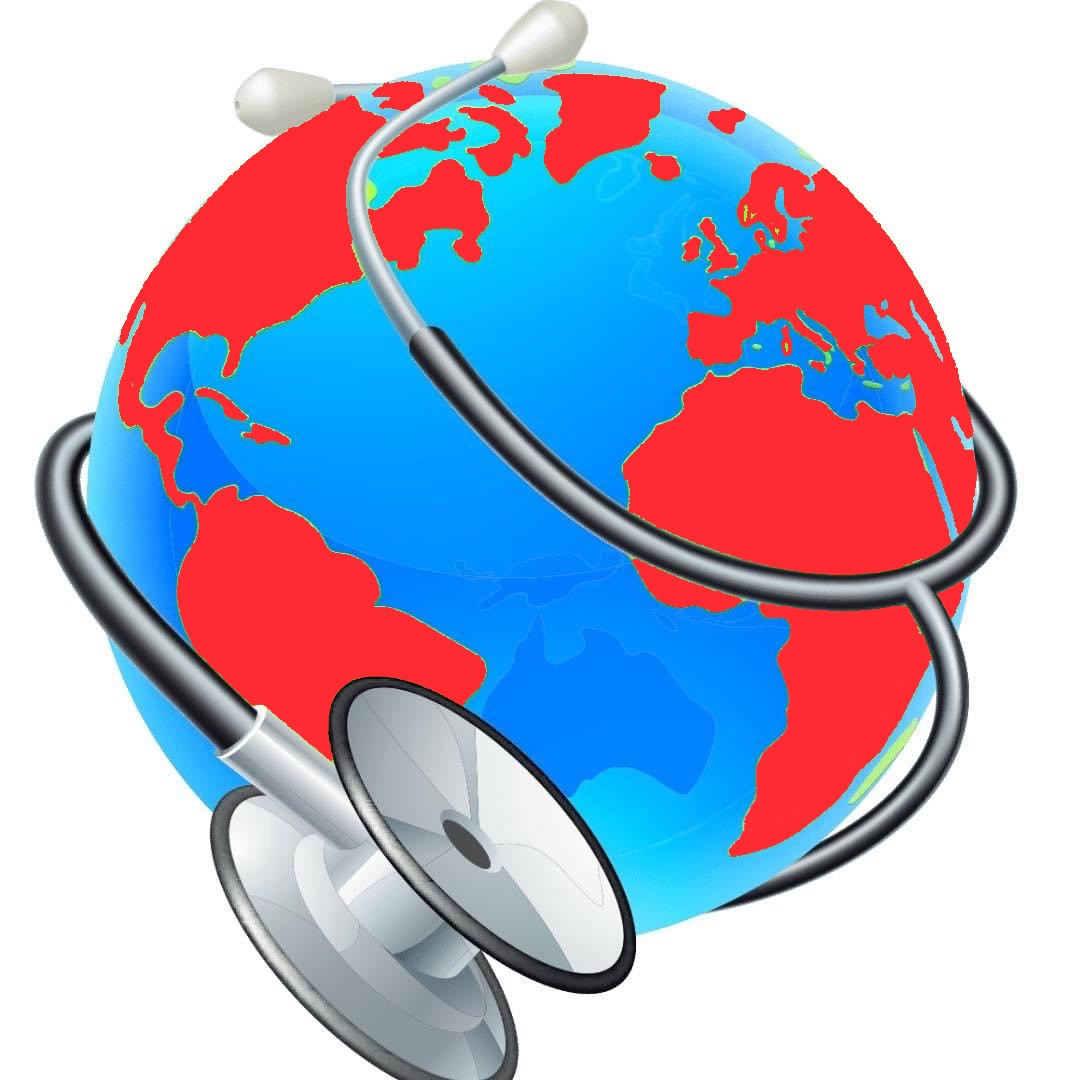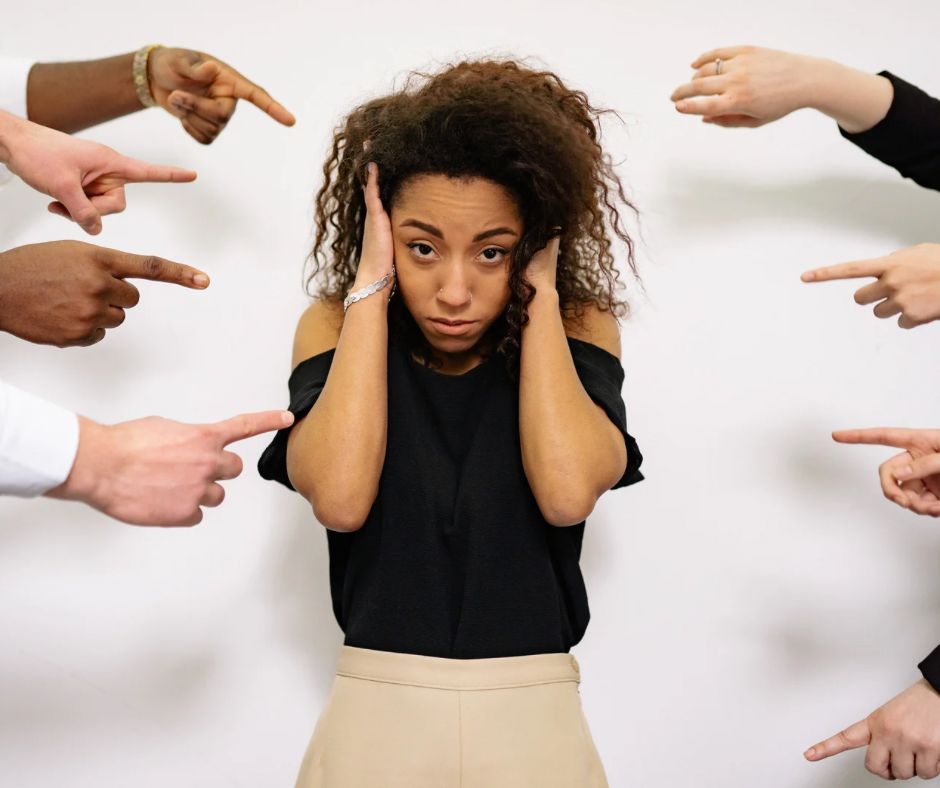20 best Natural solutions to reduce anxiety or stress – 1 Get more physical activity, 2 Practice Meditation Techniques, 3 Eating a balanced diet, 4 Limiting caffeine intake
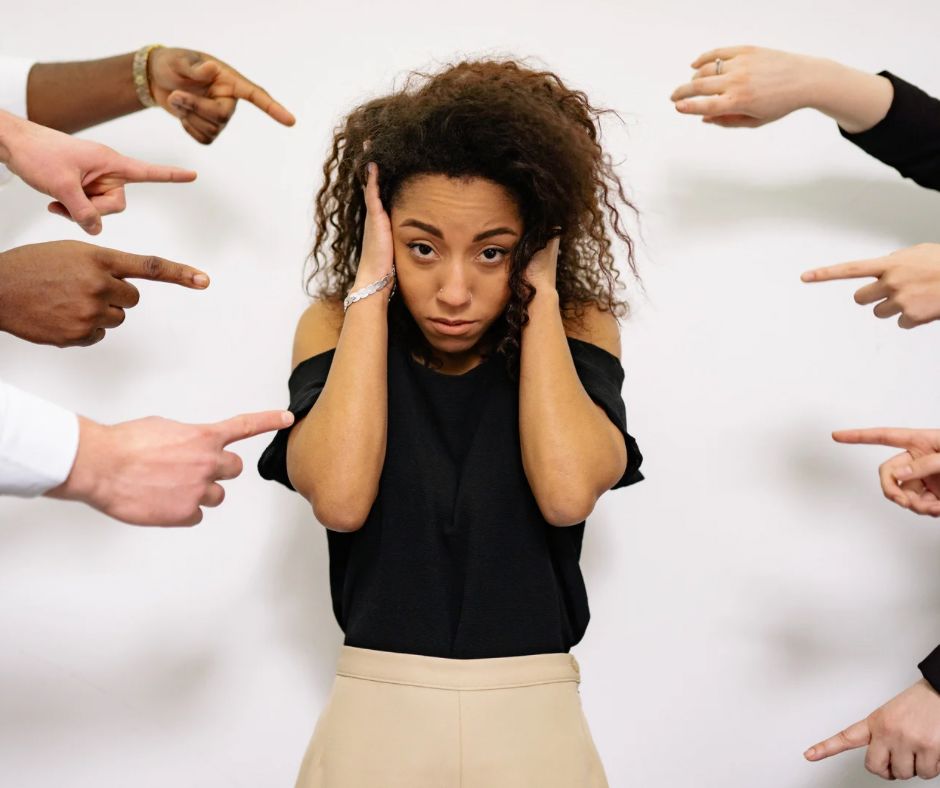
Have you ever felt worried, with your heart beating fast and your mind full of thoughts? Don’t worry; we’ll share 20 natural solutions to reduce anxiety and stress.
Anxiety and stress are common emotions in life. But when they start affecting your daily routine, it’s important to take steps to manage them. One option is to explore natural ways to reduce anxiety and stress.
When looking for ways to reduce anxiety and stress symptoms, one option is to consider how to reduce anxiety and stress naturally.
Implementing remedies, such as increased sleep, caffeine restriction, meditation, and chamomile tea, can significantly help in the management of anxiety and stress.
Read on to learn more options for more natural solutions to reduce anxiety and stress.
How to Reduce Anxiety and Stress – 20 Natural Solutions
Here are 20 natural solutions to reduce anxiety and stress:
- Get more physical activity
- Practice Meditation Techniques
- Eating a balanced diet
- Limiting caffeine intake
- Limiting alcohol intake
- Stop Smoking
- Practicing deep breathing
- Prioritizing getting a good night’s sleep
- Trying aromatherapy
- Use Herbal Supplements
- Take Acupuncture Treatment
- Music Therapy
- Animal therapy
- Connect with Others
- Spend Quality Time Outside
- Use Cannabidiol oil
- Engage in Self care
- Keep a journal
- Consult with Psychologist
- Time management strategies
1. Get more Physical Activity

Physical activity is an effective way to break the cycle of negative thoughts and feelings when anxiety and stress arise.
Studies show that exercise improves mental health, focus, and mood, reducing anxiety and stress symptoms.
Research has shown that exercising 20 minutes, three times a week at a 60%-90% heart rate reduces anxiety and stress. Following a regular exercise schedule produces superior results and encourages long lasting benefits.
2. Practice Meditation And Yoga Techniques
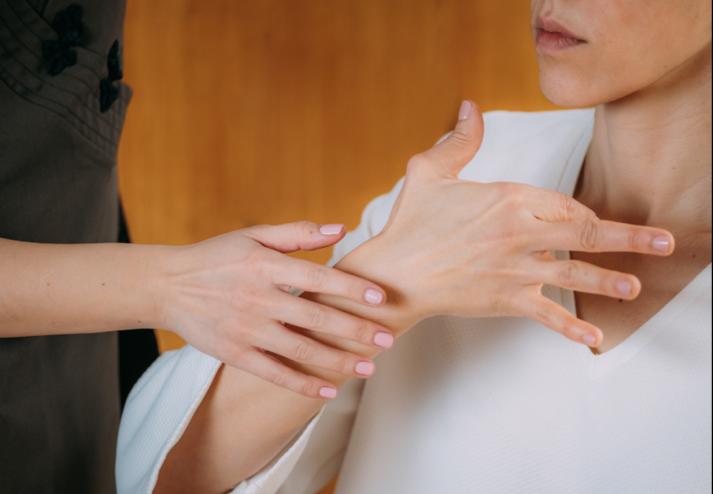
Meditation, an intentional breathing and mind-body connection technique is often recommended to help with anxiety.
While different yoga styles have a shared goal: connecting body and mind through increased body and breath awareness. Yoga is popular for stress relief and exercise among people of all ages.
Furthermore, research suggests that yoga and meditation can reduce anxiety symptoms by promoting deep relaxation.
You can also read our content on the benefits of yoga and meditation to get more information.
3. Eating a Balanced Diet

Promoting good health and preventing chronic conditions is possible by improving your diet or following dietary guidelines.
Moreover, scientific research shows that maintaining a balanced diet can enhance mental well-being, cognitive abilities, and flexibility over time.
To ease anxiety, avoid anxiety-triggering foods. Include foods with omega-3 fatty acids, magnesium, zinc, B vitamins, vitamin C, and vitamin E.
Also, consider amino acids like lysine and arginine. Try multivitamin and mineral supplements too.
4. Limiting Caffeine Intake
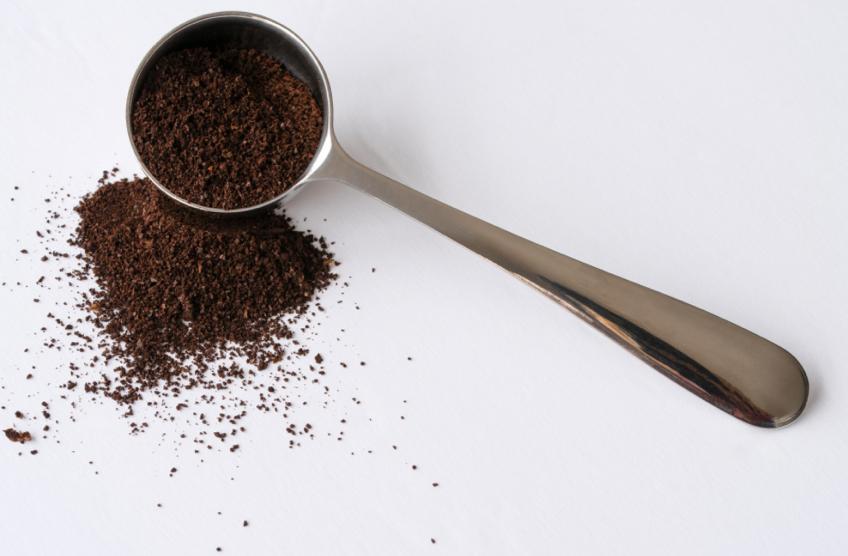
In the short term, caffeine can improve focus, but it may cause anxiety and activate the fight-or-flight response in the long term.
An increase in activity caused by caffeine can worsen anxious feelings as it stimulates the central nervous system.
Although coffee has health advantages when consumed in moderation, it’s recommended to consume no more than 400 mg of caffeine daily, which is equal to 4-5 cups of coffee.
5. Limiting Alcohol Intake
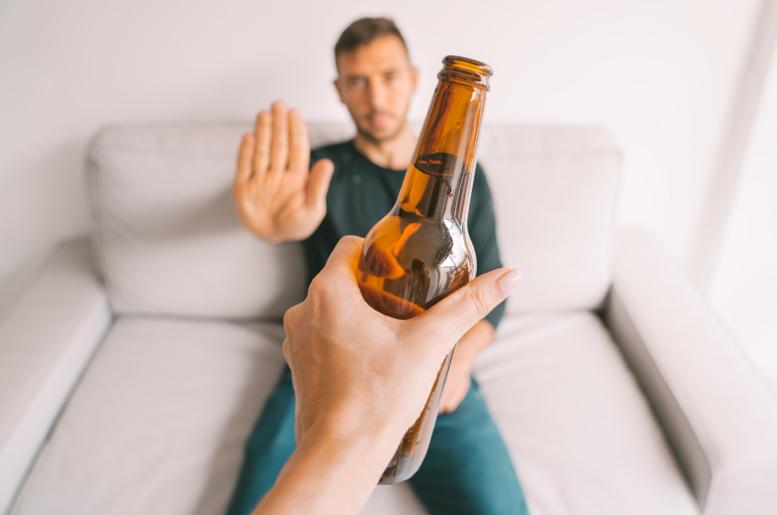
To reduce anxiety, limiting alcohol consumption is a great choice. Although drinking may provide short-term relief, the negative effects on mood, anxiety, and sleep are long-lasting.
6. Stop Smoking
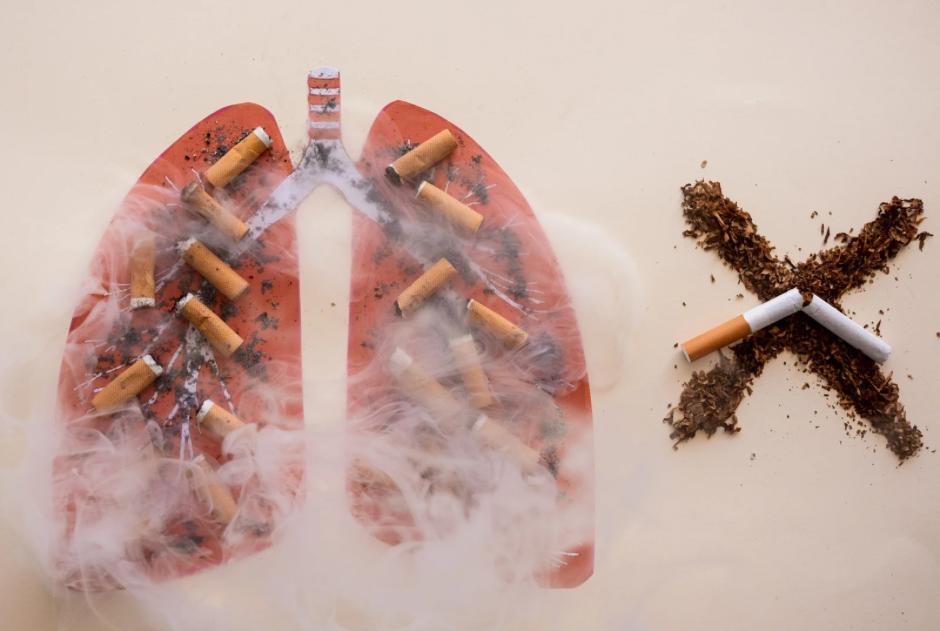
There is a higher chance of experiencing anxiety for those who smoke cigarettes. When smoking while under stress and anxiety, nicotine impairs natural brain function, resulting in heightened anxiety.
By quitting smoking, anxiety and stress can be reduced as the brain’s natural processes are allowed to take place.
On the journey to heal anxiety and stress, it’s important to establish a baseline without cigarettes.
7. Practicing Deep Breathing

Manage stress and anxiety symptoms with deep breathing exercises and other relaxation techniques.
Deep breathing has shown to be an effective relaxation technique that benefits both our mental and physical well-being.
Deep breathing boosts oxygen levels, slows heart rate, and stabilizes blood pressure, promoting a centered and controlled emotional state. Regular practice offers immediate and long-term self-soothing benefits.
8. Prioritizing Getting a Good Night’s Sleep
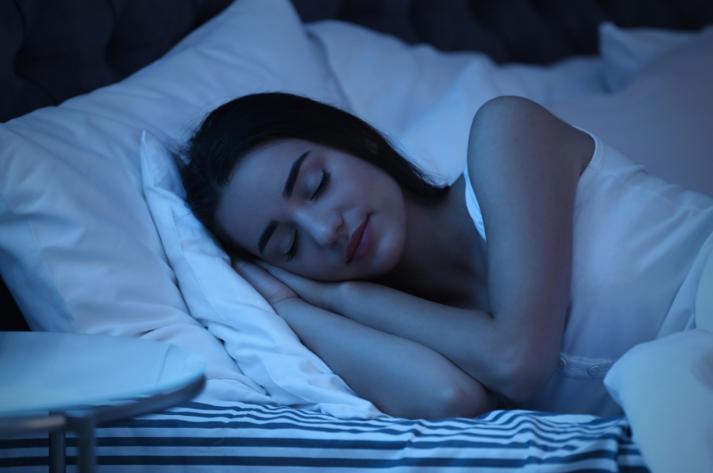
Sufficient and regular sleep enables us to restore and strengthen, enhancing our ability to cope with daily stress.
In contrast, consistently depriving ourselves of sleep can result in negative consequences for our brain function, mood, immune system, and overall health.
Better sleep, with fewer nighttime awakenings, a regular sleep routine, and 7-8 hours each night, reduces anxiety symptoms.
Moreover, the necessary amount of sleep varies based on age and other factors. Sleep is crucial for our physical and mental well-being.
9. Trying Aromatherapy
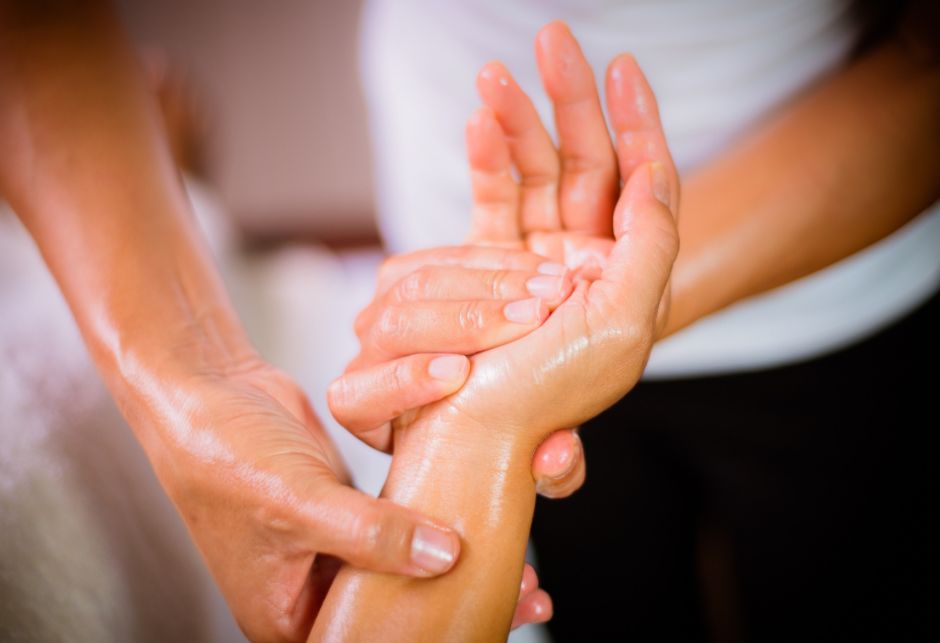
Aromatherapy can holistically treat anxiety and improve your daily well-being. This involves utilizing plant and flower oils to enhance well-being and relaxation in the mind and body.
Moreover, essential oils provide scents that relax, improve sleep, boost mood, and regulate blood pressure and heart rate.
Consequently, some oils to consider for anxiety include bergamot, lavender, clary sage, or grapefruit.
10. Use Herbal Supplements

You can find natural anxiety relief in herbal supplements like chamomile tea and CBD oil. They calm the nerves and promote relaxation.
Chamomile tea can lower cortisol levels, a stress hormone, to calm the body and mind. Additionally, CBD oil, from cannabis, helps relieve anxiety with few side effects.
Work with a healthcare professional to find effective ways to manage anxiety symptoms. Explore natural remedies, herbal supplements, and traditional treatments together.
11. Take Acupuncture Treatment

Acupuncture involves the stimulation of precise points on the body, typically through the insertion of thin needles into the skin.
A comprehensive review of 20 studies has demonstrated the efficacy of acupuncture in reducing symptoms of anxiety among individuals diagnosed with Generalized Anxiety Disorder (GAD). Notably, this effect is most noticeable during the initial six weeks of treatment.
Acupuncture demonstrates faster results compared to alternative treatments, including anti-anxiety medications.
12. Music Therapy
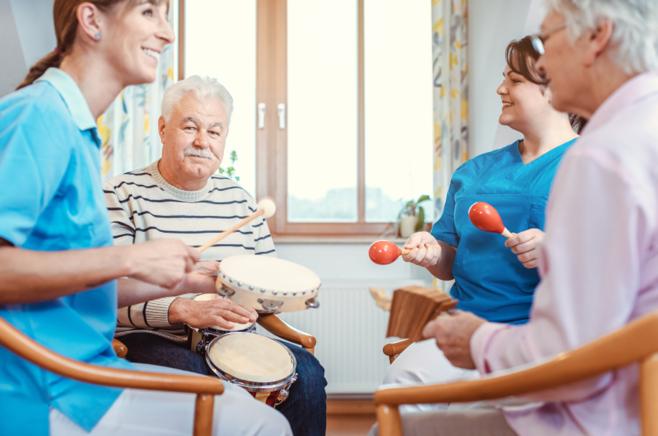
Regardless of the song’s choice, singing along to the lyrics of a beloved tune can ease one’s worries. In public settings, simply immersing oneself in music can reduce stress and anxiety. Researchers have found that classical music particularly calms individuals when listened to before going to sleep.
13. Animal Therapy

Pets provide companionship, affection, and assistance. A research study conducted in 2018 validated that pets can provide significant advantages to individuals suffering from a range of mental health conditions, such as anxiety and stress.
So, when you engage in physical contact with your pet, your body releases oxytocin, a hormone associated with a positive emotional state.
14. Connect with Others

Having support from loved ones can assist in managing stress and handling difficult times.
Additionally, in a 2019 study of 163 Latinx college-age young adults, researchers discovered that less support from friends, family, and romantic partners led to loneliness, depressive symptoms, and stress perception.
Therefore, for your mental well-being, having a social support system is crucial. If you’re feeling alone without friends or family, consider joining social support groups like clubs, sports teams, or volunteering for a cause that matters to you.
15. Spend Quality Time Outside

Being in nature can significantly reduce anxiety, enhance relaxation, uplift mood, and enhance cognitive function. Studies show that as little as 20 minutes spent outdoors can decrease stress hormones and enhance mental well-being.
You can enjoy nature and experience its benefits through activities like bird watching, gardening, or camping. Moreover, including nature in your daily life promotes relaxation and mental well-being.
16. Use Cannabidiol Oil
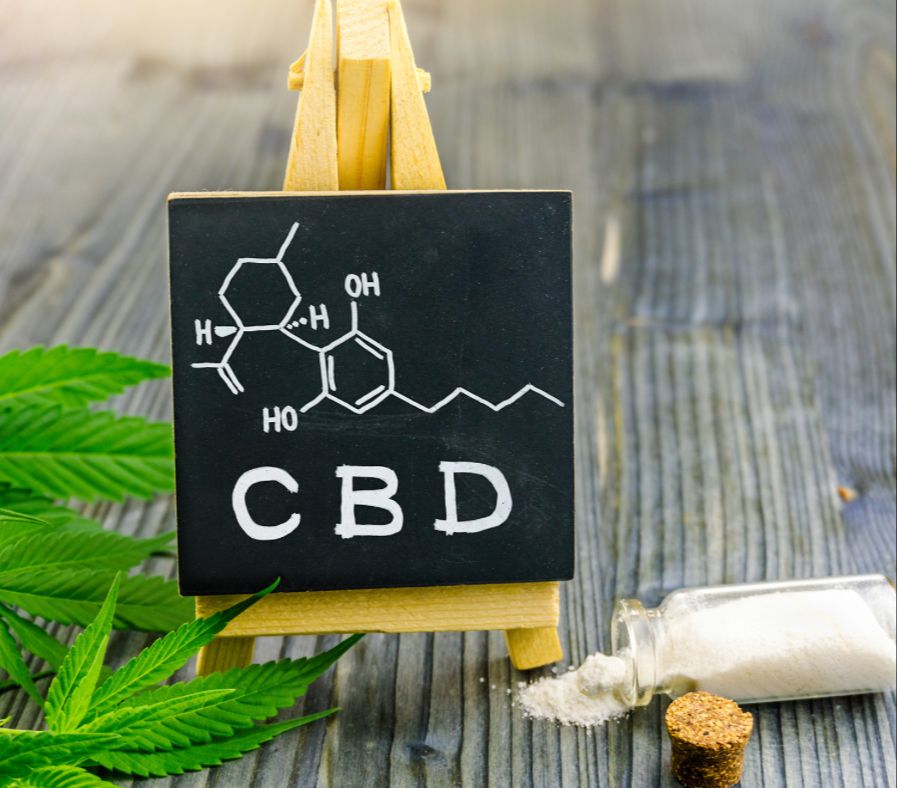
CBD is known to be beneficial for anxiety and stress, helping in slowing down thinking and promoting mindfulness in the present.
Also, it can decrease stress levels and cortisol production, regulating mood and reducing anxiety or mood swings.
It’s important to consult with your doctor before startingCBD use. There is a chance of experiencing side effects or drug interactions when using CBD.
17. Engage in Self care

Making time for self-care can decrease stress and anxiety. For instance, going for a walk, taking a bath, lighting candles, cooking a healthy meal, following a hobby, and using a calming scent.
Engaging in self-care is linked to reduced stress levels and improved quality of life while neglecting self-care increases the risk of stress and burnout.
18. Keep a journal

Research suggests that writing, like journaling, can help cope with anxiety.
For example, in a 2018 study, emotion-based journaling has the potential to decrease mental distress and enhance overall well-being..
19. Consult with Psychologist
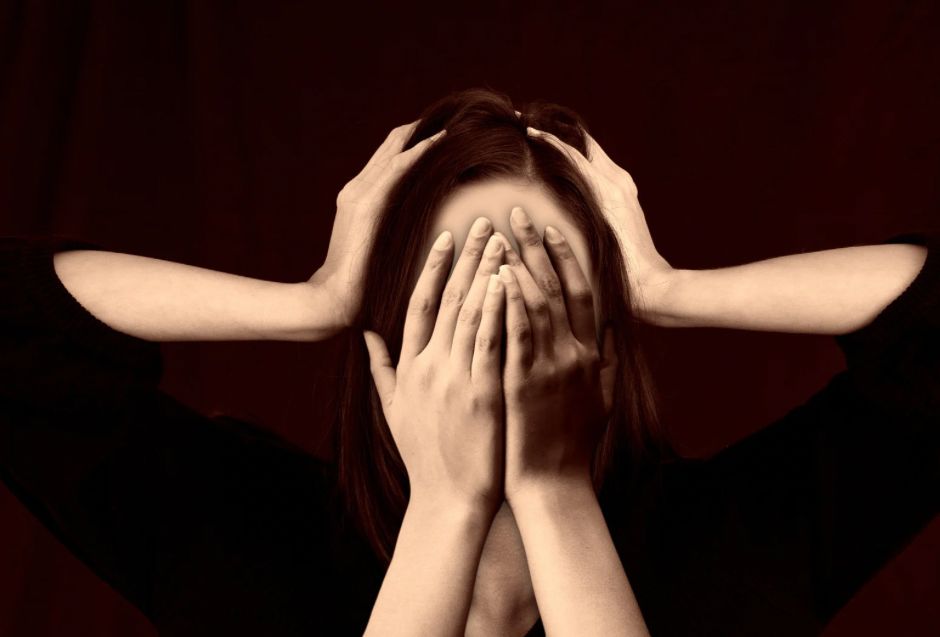
Consulting a psychologist is suitable for addressing moderate-to-severe symptoms of anxiety and stress. Psychotherapy, medication, or a combination of both are commonly used for treating anxiety and stress disorder
20. Time Management Strategies
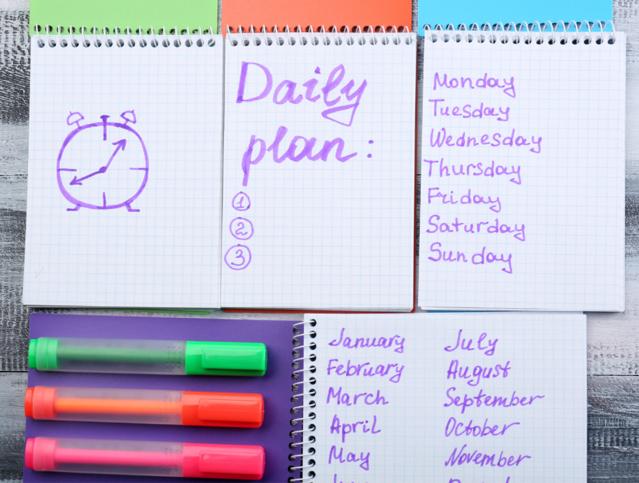
Implementing time management techniques can help reduce anxiety and stress. Maintaining a routine and schedule allows you to efficiently complete tasks without becoming overwhelmed.
It helps people generally feel better because they are in control of what is happening and they can prepare for what is next. As a result, it can reduce feelings of anxiety that can come from mismanagement of time.
Conclusion
While anxiety and stress are unavoidable, chronic stress negatively impacts your physical and mental well-being.
Luckily, there are evidence-based strategies to decrease stress and enhance psychological well-being.
Untreated anxiety can worsen and cause more stress in a person’s life. However, anxiety can be effectively treated through therapy, natural remedies, lifestyle adjustments, and medication.
It may take trying multiple therapies and remedies before finding an effective one. A doctor can assist in identifying the optimal options for an individual.
